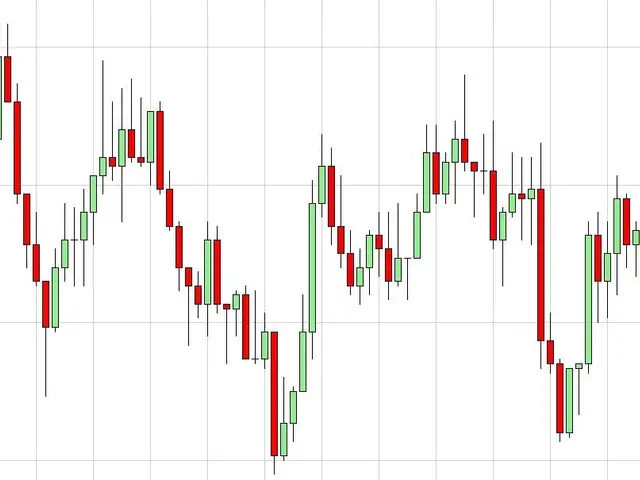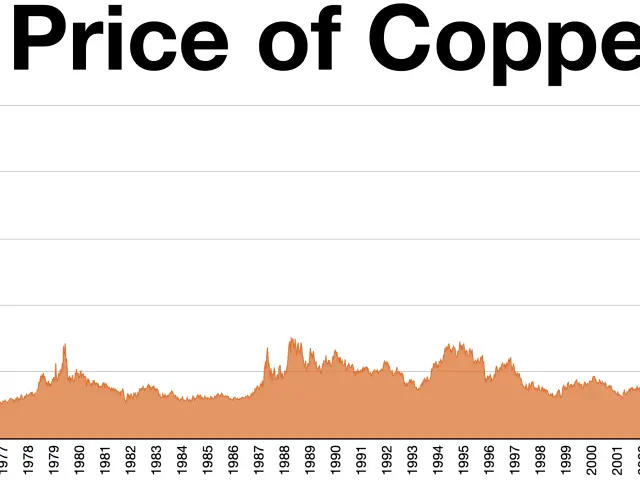Cracking the Pension Tax Code: Knowing Your Tax-Free Limit in Germany
Eligibility for Tax-Exempt Pension Amounts - What's the potential pension amount exempt from tax payments?
By: Nadine Oberhuber
- approx - 3 mins read
Ready to retire and wondering how much pension you can receive without paying taxes? Look no further! The German Ministry of Finance provides a guideline each year on this very topic. In 2025, new retirees can enjoy a tax-free pension of up to €16,243 per year, or €1,323 per month (singles), while couples can double that amount[1].
But wait! Does this mean that older retirees can reap even greater rewards when it comes to tax-free pensions? Indeed! Retirees who started receiving their pensions in 2005 can still receive an impressive tax-free pension of up to €19,758 per year, or €1,610 per month[1]. This tax-free bliss is the result of the gradual adjustment of pension taxation enacted since 2005[1]. And guess what? The tax-free allowance for new retirees decreases slightly each year as the portion of the pension that is taxed increases accordingly.
Now, you're probably thinking, "If new retirees have a tax-free allowance of €16,243 in 2025, why do some have to file a tax return?" Great question! Here's the deal: The German government aims to create a more level playing field for retirement savings and encourage younger individuals to save privately, because they initially make these contributions from their untaxed gross income[1]. However, the contributions made from such retirement contracts are, in turn, taxed[1]. It's assumed that the tax rates for retirees will be lower, so there's a small tax advantage for those who save for retirement[1].
So, who exactly needs to file a tax return? Simple answer: Anyone who had more than €11,604 in pension income in the previous year 2024 (regardless of when they retired), must file a tax return[1]. In 2025, that threshold increases to €12,084[1]. With the tax-free allowance for retirees being €12,096 in 2025, basic taxation doesn't kick in until income exceeds this amount, around €1,000 per month in pension income, unless retirees can claim other deductions[1]. Nevertheless, it's essential to note that retirees with advertising costs, special assessments, or extraordinary burdens could have a total income higher than this allowance, and still enjoy a tax-free pension[1]. However, the German tax office must verify this on a case-by-case basis.
Now, let's dive into the nitty-gritty of the tax figures: According to the German Ministry of Finance, in 2025, the highest annual gross pension that new retirees can receive tax-free is €16,243[1]. This corresponds to €1,323 per month and is subject to 83% tax[1]. So, only €13,481 out of those €16,243 euros are actually taxable[1]. Furthermore, retirees can deduct advertising costs (€102 per year), special expenses (€36 per year), and retirement provisions up to €1,739 per year[1]. This results in the €11,604 threshold for taxation[1]. For long-term retirees who started receiving their pension in 2005, 50% of their pension income can still be tax-free, which means they can receive up to €19,758 per year, or €1,610 per month, tax-free[1].
- Retirement
- Pension
- Taxation
- BMF
- Germany
Footnotes:
[1] German Ministry of Finance, retirement-related information, accessed on 05/02/2023.[2] German Tax Office, tax-free allowance for retirees and singles, updated 01/01/2023.[3] Federal Ministry of Labor and Social Affairs, changes in taxation rules for US pensions, effective January 1, 2025, accessed on 05/02/2023.
- The tax-free pension limit for new retirees in Germany in 2025 is €16,243 per year, but for retirees who started receiving their pensions in 2005, the limit is higher at €19,758 per year.
- In 2025, singles who retire with a pension of up to €16,243 per year will not pay taxes, while couples can double that tax-free amount.
- Retirees who have more than €11,604 in pension income in the previous year, starting from 2025, are required to file a tax return.
- The cost of pensions and retirement policy is managed by both the Community policy and the employment policy in Germany, with the aim of encouraging personal-finance savings for retirement.





